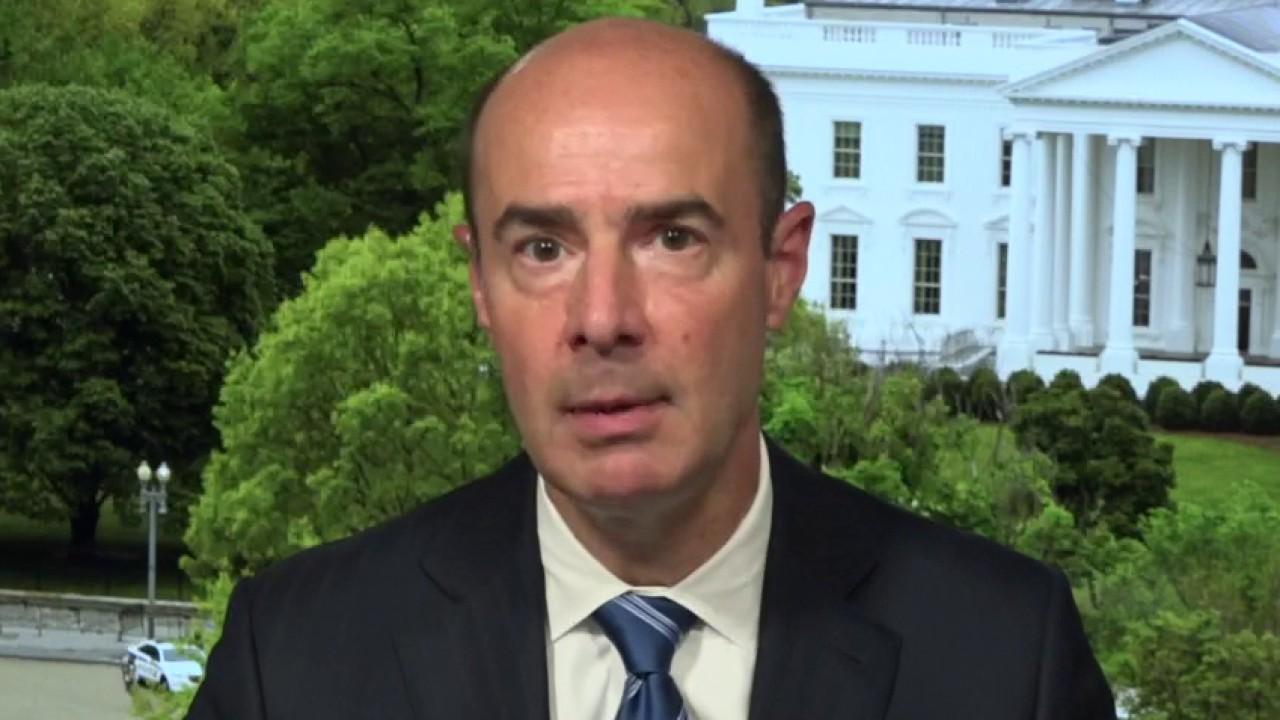Consumer spending cutoff: As unemployment benefits expire, US economy may suffer
Temporary boost in unemployment benefits claimed by more than 19M will expire this month
Recent data suggests the U.S. economy is on a path toward recovery, but experts are cautioning there may be some major obstacles ahead.
Regulations related to the coronavirus pandemic, including lockdown and social distancing guidelines, caused millions of Americans to lose their jobs or have their hours reduced. The silver lining for these individuals is that, under the CARES Act, eligible Americans who are out of work entirely or underemployed because of reasons related to coronavirus can receive an additional $600 a week for up to four months.
More than 19 million individuals were receiving these benefits as of the end of June.
JUNE'S RECORD-BREAKING JOBS REPORT: WHAT THE NUMBERS MAY HAVE MISSED
The unemployment bump has helped buoy many households’ financial situations throughout the pandemic. In fact, studies have shown benefits for 68 percent of workers would exceed earnings.
But those benefits are set to expire at the end of the month – and unless lawmakers extend the policy or replace it, a lot more people may have trouble making their payments in August.
“To avoid a significant decline in consumer spending once the $600 bonus expires, either the economy will have to create a lot of jobs very quickly or we need more fiscal support,” Torsten Slok, chief economist and managing director for Deutsche Bank Research, wrote in a research note.
When these funds run dry, not only might people not be able to make their regular payments – including mortgage, auto and credit card expenses – but they are also not likely to continue spending. A decline in consumer spending can have detrimental effects on the economy since it accounts for more than two-thirds of economic activity.
SECOND FLOOD OF CORONAVIRUS-DRIVEN LAYOFFS MAY COME AS STATES DELAY, ROLL BACK REOPENING
Consumers influence the production of goods and services, which in turn influences job creation.
In fact, according to the Bureau of Labor Statistics, personal consumption expenditures are the main generator of employment in the economy.
There may be some other economic challenges on the horizon, as well.
While the U.S. economy added a record 4.8 million jobs in June, the report only takes into account data through the middle of the month. Since that time, coronavirus cases have spiked in states throughout the U.S., which has caused states to pause and even roll back reopening plans.
Experts have said the resurgence in cases could spark another wave of layoffs and erase some of the economic gains we have begun to see. That data would begin to be reflected in the July jobs report, which will be released next month.
GET FOX BUSINESS ON THE GO BY CLICKING HERE
Meanwhile, new, weekly unemployment claims continue to come in around 1.5 million – with more than 50 million new claims filed since mid-March. Filings have exceeded 1 million for 15 consecutive weeks.
In the first three months of the year, economic activity contracted by 5 percent.




















